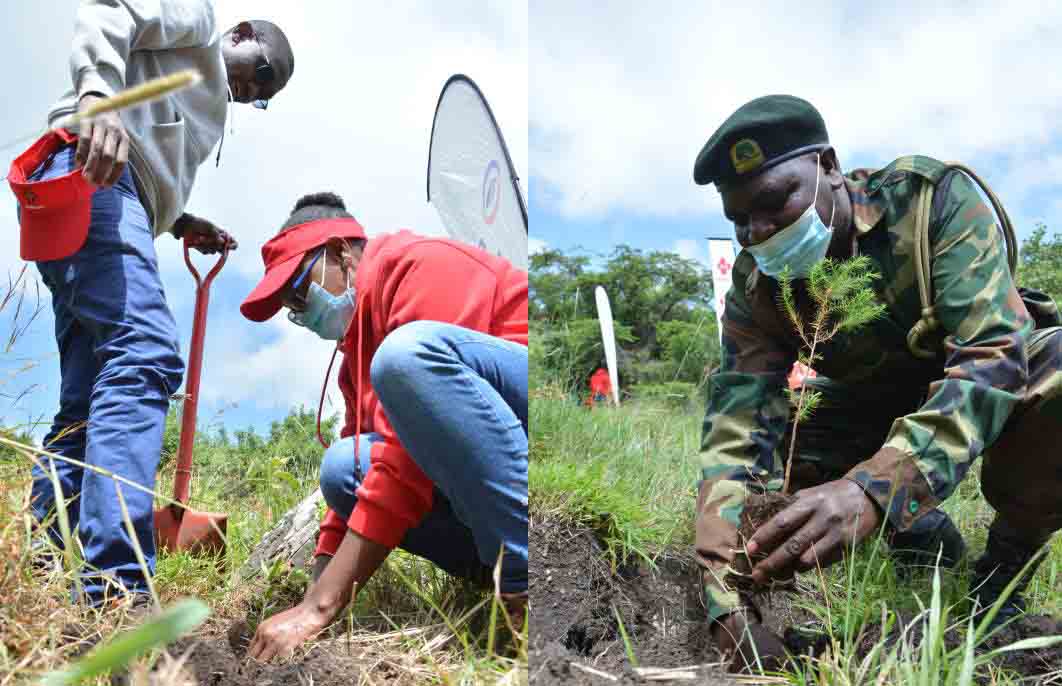×
The Standard e-Paper
Fearless, Trusted News

Two million hectares of public space and two billion tree seedlings are what the country needs to meet the envisaged 10 per cent forest cover by 2025.
According to the Ministry of Environment, the process to attain the required forest cover has begun in earnest with stakeholders showing keen interest in the programme.